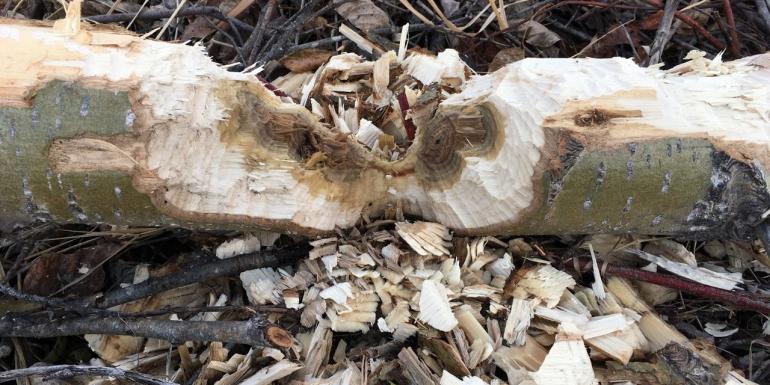Being Beaver
Over four centuries ago, nearly 400 million North American beavers kept our continent green and wet. Three centuries later, the Fur Trade collapsed their numbers to a mere 100,000. Today, beavers are back on the road to recovery, but they’ll need our help to endure in landscapes humans altered in their absence. And we – along with willows, trout, toads, swans, moose, and many more plants and animals – will need their help, too.
Castor canadensis has been shaping the structure and function of our watersheds for millennia, and this keystone species can promote healthy, resilient habitat as the climate changes, now and into the future. With extensive direct observations and research affirming the significance of this wildfire-buffering, life-diversifying, water-storing rodent, this talk will explore just what it takes to be a beaver, and how the beaver’s natural history can help us to better understand, appreciate, and protect the world we share.
Rob Rich works as conservation and education associate with Swan Valley Connections, where he coordinates diverse projects advancing watershed health and teaches field ecology in the Montana Master Naturalist program. Drawing on his experience with beaver restoration throughout the Pacific Northwest, Rob also works with the National Wildlife Federation to coordinate the Montana Beaver Working Group. He sometimes writes for Earth Island Journal, High Country News, Camas and other publications, but he’s most at home outside, exploring each day’s natural curiosities.
Social time will start at 6 PM and the annual Sacajawea Audubon business meeting and elections will start at 6:30 PM. The Being Beaver program will begin at 7:00 PM.







